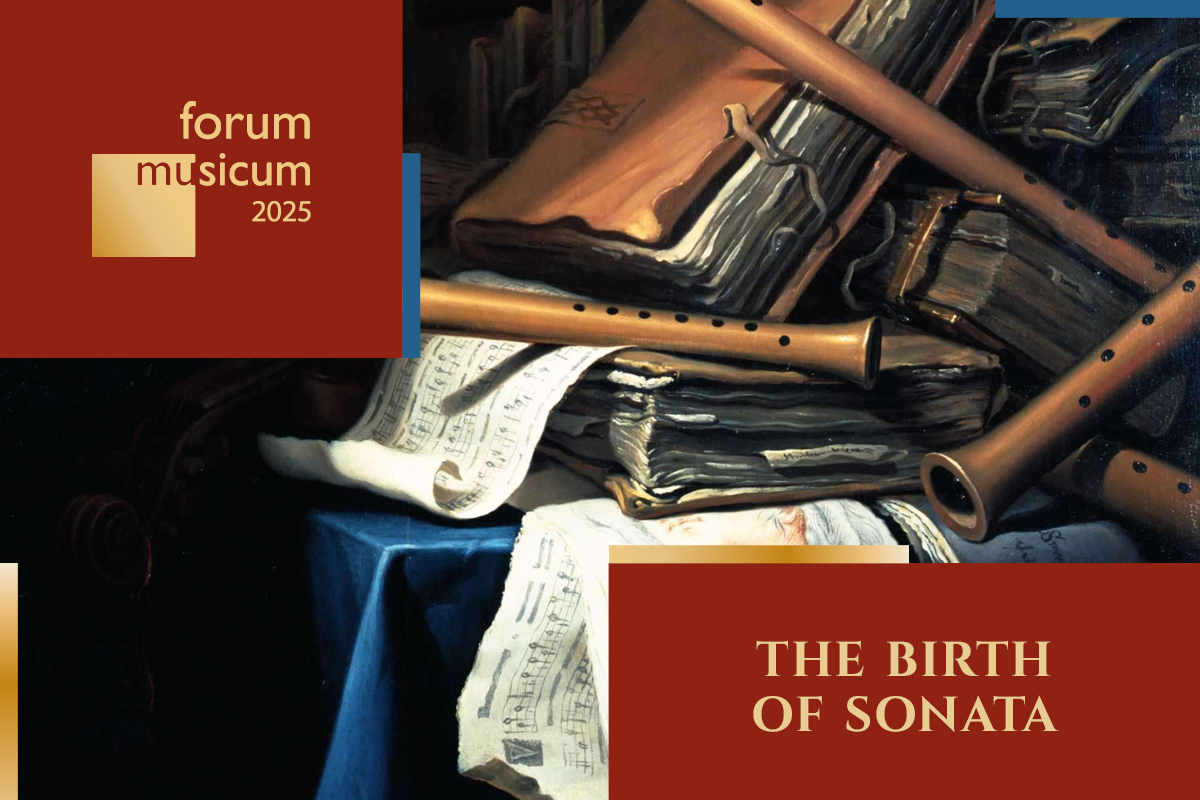Composition, ornamentation, improvisation – these three spheres of musical activity were closely interconnected during the Middle Ages and the Renaissance; in some cases, they were even regarded as synonymous. This stemmed from a different understanding of the concept of the musical work than we have today – not as a closed and untouchable whole, but as a foundation that performers could develop creatively to give the piece its final shape. Such practices could include ornamenting individual parts or even adding entirely new voices to a pre-existing structure in the form of improvised or previously prepared counterpoints. The popularity of this approach is evidenced by numerous references in 15th- and 16th-century treatises, as well as surviving arrangements of popular motets and songs – intended both for singing and for instrumental performance.
During this event, we will present Forum Musicum festival audiences with key insights into improvisation during the Renaissance, particularly the period’s links between the art of ornamental counterpoint and musical ornamentation. The lecture will be accompanied by performances of excerpts from works that demonstrate these ideas in musical practice.

